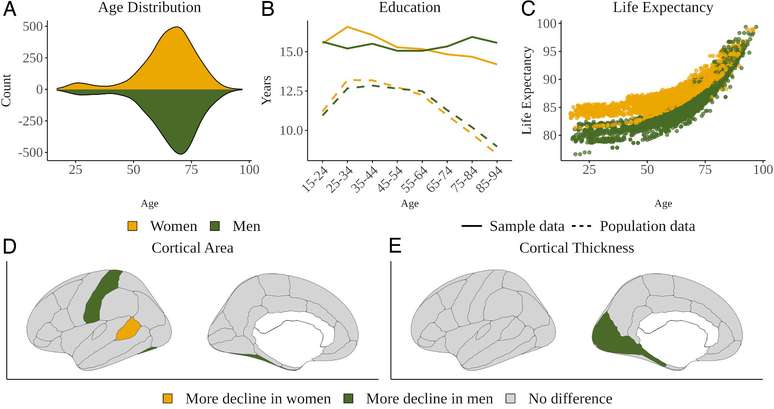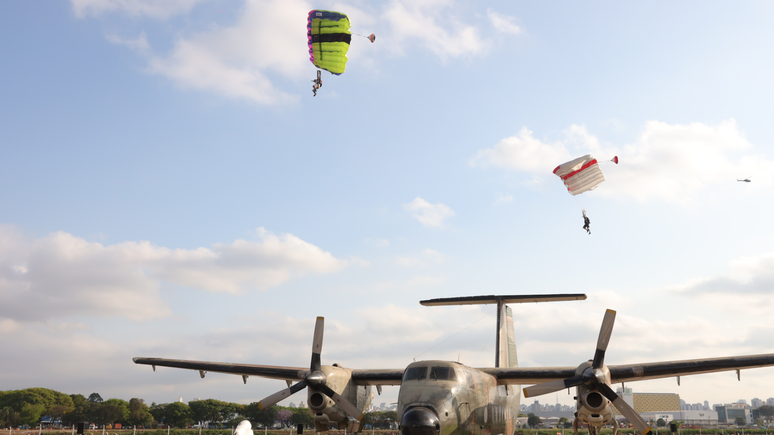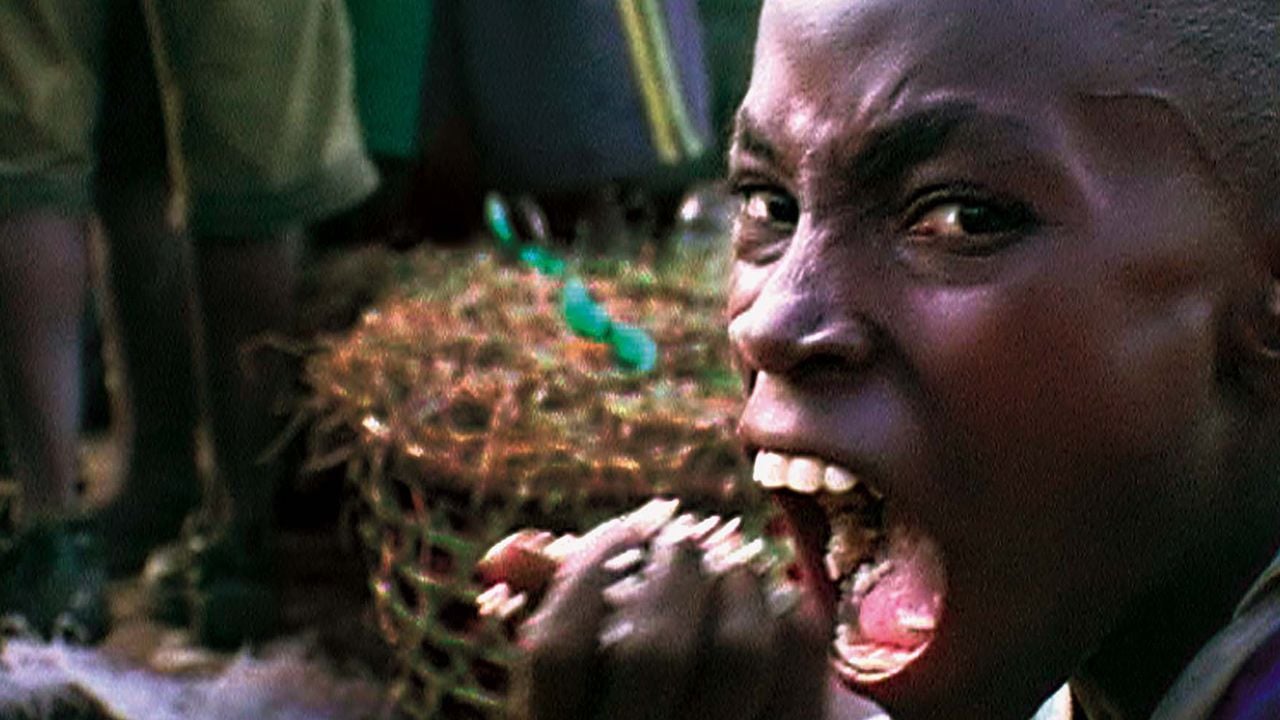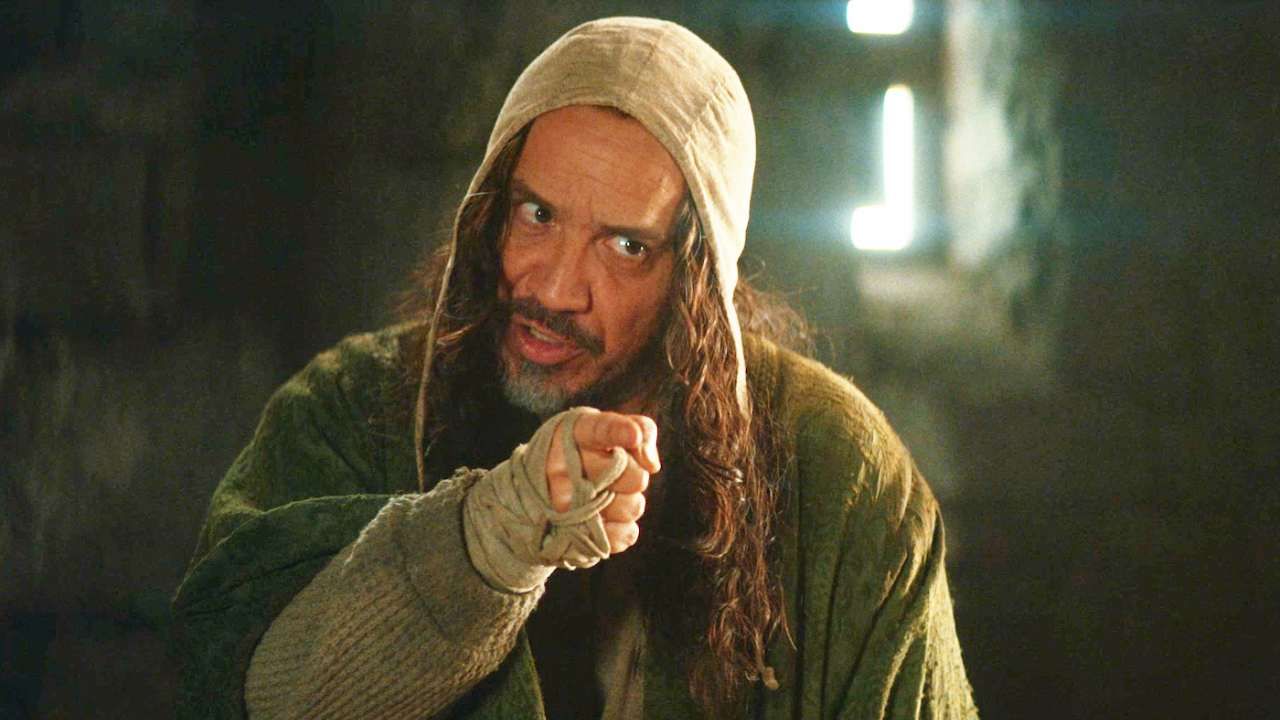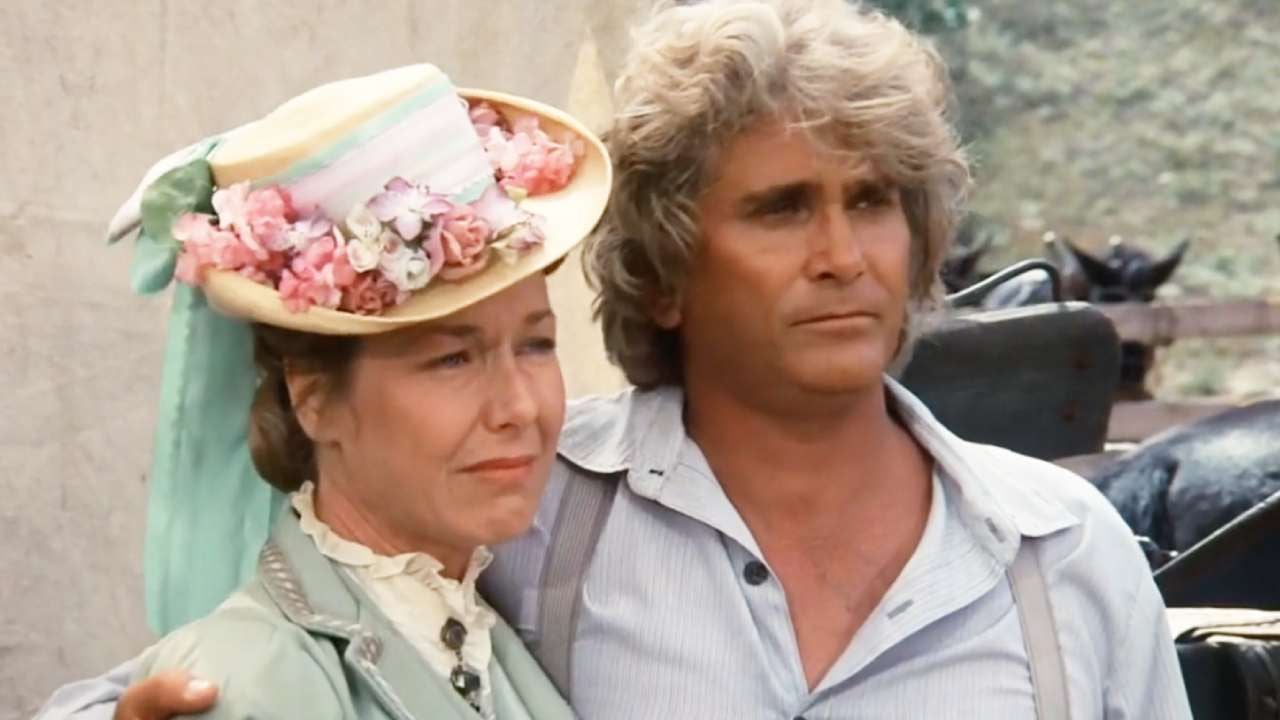Have you ever stopped to think about the possibility that the animation scenarios are real?
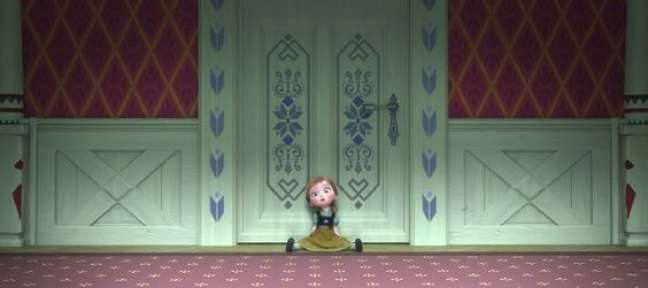
You need to know that many Disney movies are based on fairy tales. Snow White and the Seven Dwarfs comes from the Brothers Grimm classic and Charles Perrault’s Sleeping Beauty was the basis for the animation of the same name.
And just as these stories got their inspiration, the landscape architecture also of these works!
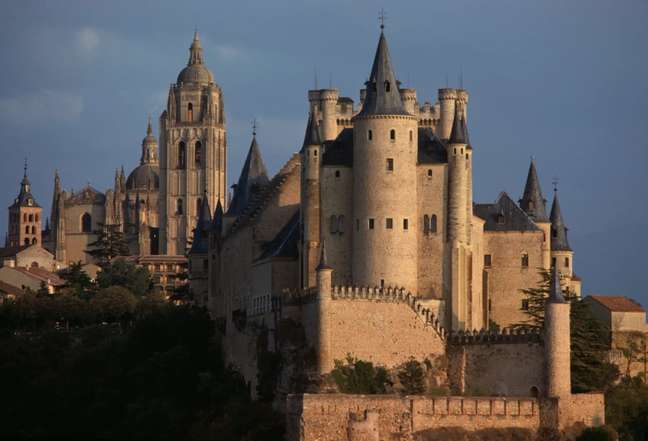
Medieval architecture historian Meredith Cohen shows some of the animated palaces of Disney princesses, including classics like Snow White and Sleeping Beauty, as well as more recent titles like Brave, Tangled and Frozen.
Alcacer de Segovia
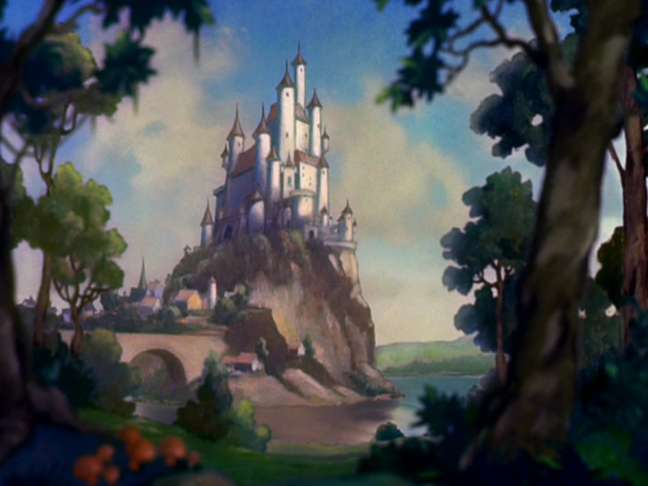
This Alcácer is a medieval castle in Segovia, Spain, and was the inspiration for the Queen’s castle in Snow White and the Seven Dwarfs. According to Cohen, the animated version represents a good mix of factual accuracy and Disney magic.
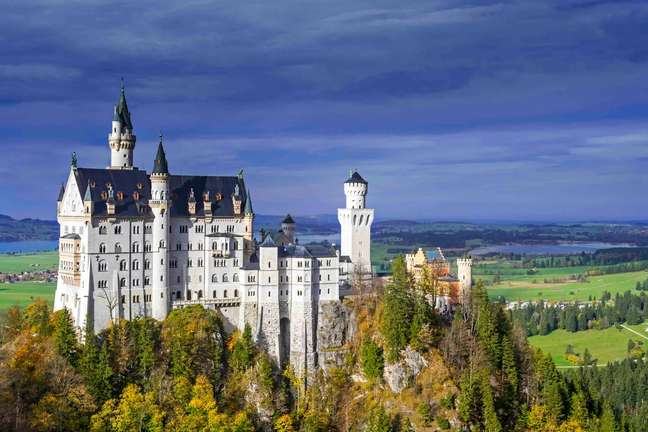
He points to the project’s small windows and stone facade as evidence of realistic elements, explaining that these aspects were implemented in traditional castles to ensure uninvited guests did not enter.
However, the royal castle has significantly fewer towers. “The exaggeration of the towers is something Disney has added to their castle to give it a more magical and fantastic atmosphere,” she says.
Neuschwanstein Castle
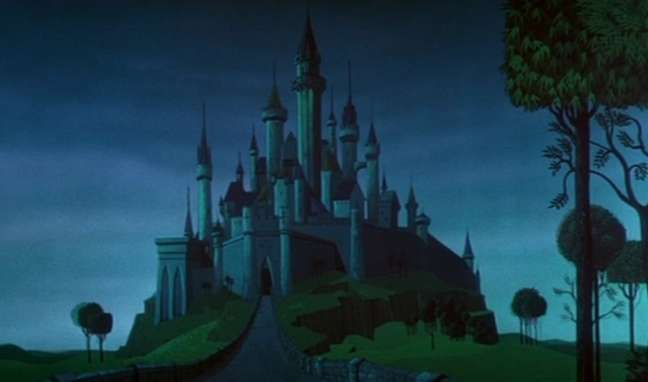
Neuschwanstein, a Bavarian castle commissioned by King Ludwig II of Bavaria, influenced King Stefan’s castle in Sleeping Beauty. However, like the queen’s castle in Snow White, Disney added some elements to create a more mystical atmosphere.
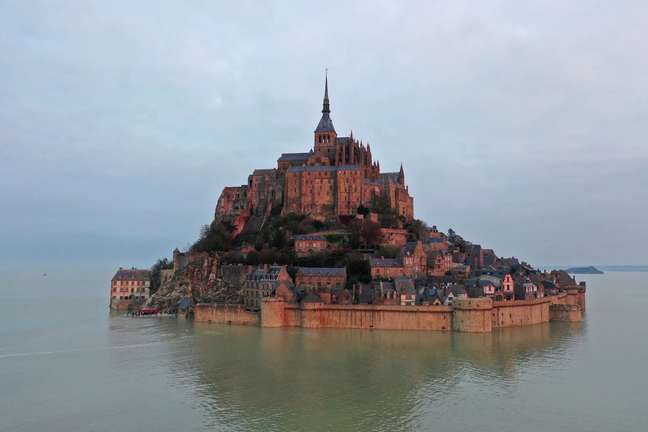
The historian explains that many of the features of King Stephen’s palace are from different eras: there are Renaissance, Gothic and Scandinavian towers, as well as pointed Gothic arches.
Although the castle in the film is a bit confusing in terms of the accuracy of the time period, it served as a prototype for future branded castles. In fact, this structure and that of Cinderella were the inspiration for the Disney logo.
Mont Saint Michel
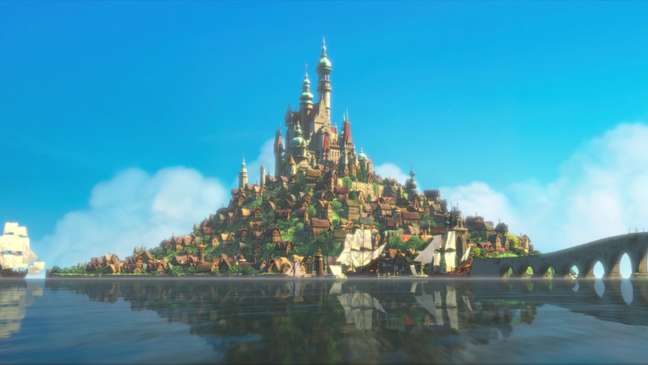
Corona Castle in Tangled is “an excellent example of incorporating a structure into history,” says Cohen. Disney’s animation is based on Mont-Saint-Michel, where there was originally a Benedictine abbey on a small island in Normandy, France.
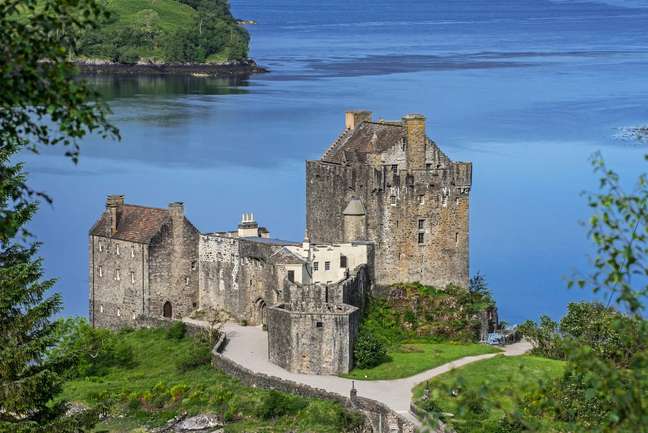
Eventually, the church became a prison and, in real life, Mont-Saint-Michel is only accessible twice a day when the tide is low.
These two details metaphorically represent two important parts of the princess’s story: the prison symbolizes Rapunzel’s early life trapped in a tower, and the tides flowing in and out illustrate her hair – the limited means she had to connect with the outside world.
Eilean Donan and Dunnottar Castle
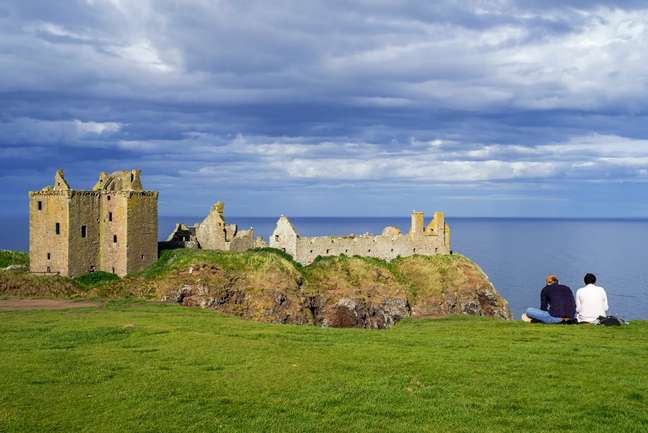
DunBroch di Valente was influenced by two castles in Scotland: Eilean Donan and Dunnottar. Although the animation clearly reflects the actual architecture, especially the stone facade and horizontal profile, there are some irregularities.
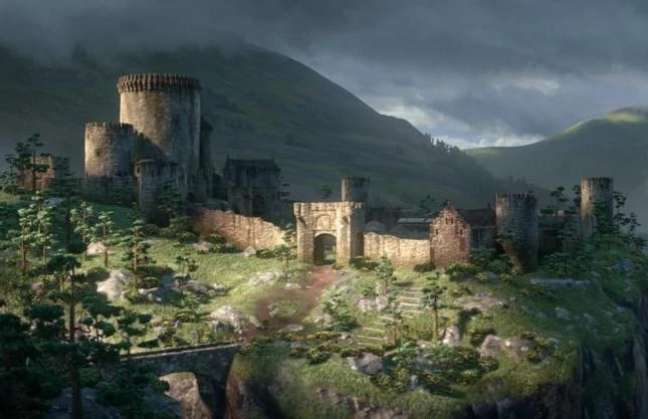
On the one hand, the story takes place in the 10th century, but stone castles began to be built only in the 11th century.
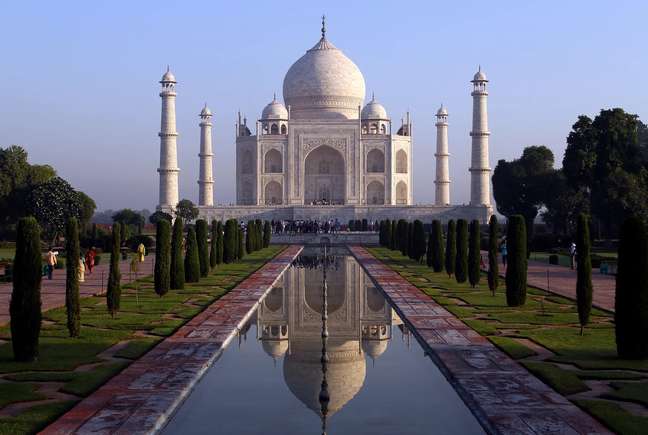
The palace is also dilapidated, which would be unusual if people still lived there, but the researcher explains that this could have been done to symbolize the tension between the clans in the film.
Taj Mahal
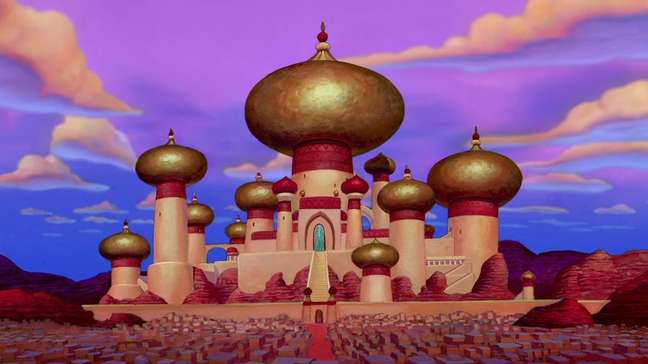
“I’ve never seen a royal castle like this,” says Cohen of Aladdin’s Sultan’s Palace. The mausoleum features a large onion-shaped dome atop a central tower that replicates throughout the space and a processional staircase leading to an arched portal.
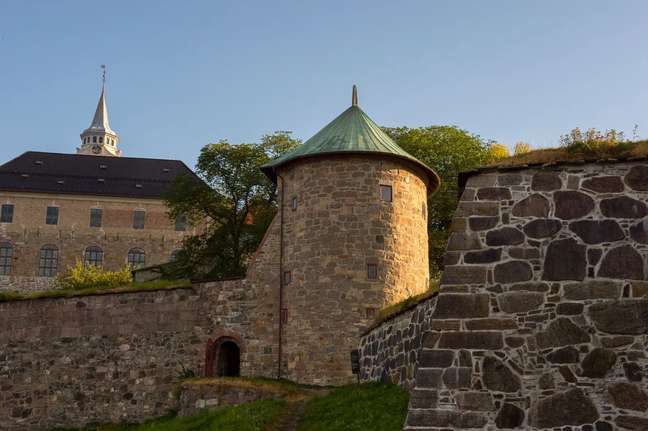
Although loosely based on the Taj Mahal in India, the castle displays elements of various cultures. The turquoise door is reminiscent of the colorful architecture of India, although Cohen explains that the domes look more like Russian Orthodox churches, similar to St. Basil’s Cathedral in Moscow.
Akershus fortress and Borgund stave church
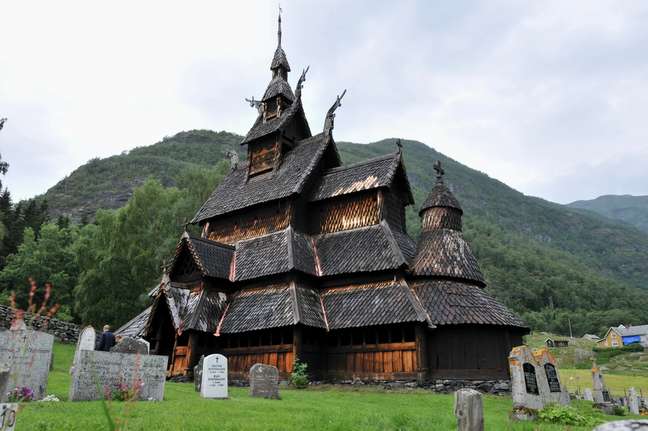
Given that Frozen was based on a Scandinavian legend, it’s no surprise that Arendelle Castle, the fictional country of animation, is inspired by Scandinavian architecture.
The structure was designed with many pediments and a bell tower surmounted by another tower. The fortification around the castle is based on the Akershus fortress, originally a military base near Oslo.
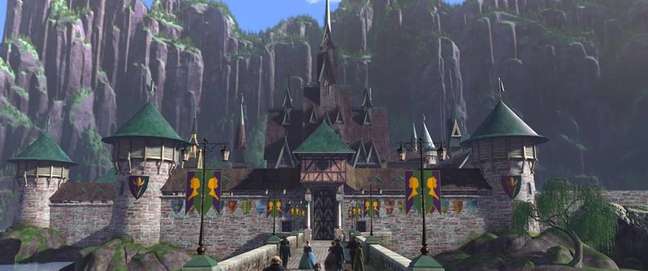
The residence, on the other hand, was inspired by something completely different. The lively building is made of wood, evident from the trusses on the outside. This detail doesn’t look like a castle, as Cohen explains, but it is more representative of a wooden Norwegian church.
“They do this because churches are often the most exciting architecture of the Middle Ages,” the historian explains, noting that the animation resembles a stave church in Borgund.
*Through Architectural summary
Source: Terra
Benjamin Smith is a fashion journalist and author at Gossipify, known for his coverage of the latest fashion trends and industry insights. He writes about clothing, shoes, accessories, and runway shows, providing in-depth analysis and unique perspectives. He’s respected for his ability to spot emerging designers and trends, and for providing practical fashion advice to readers.


